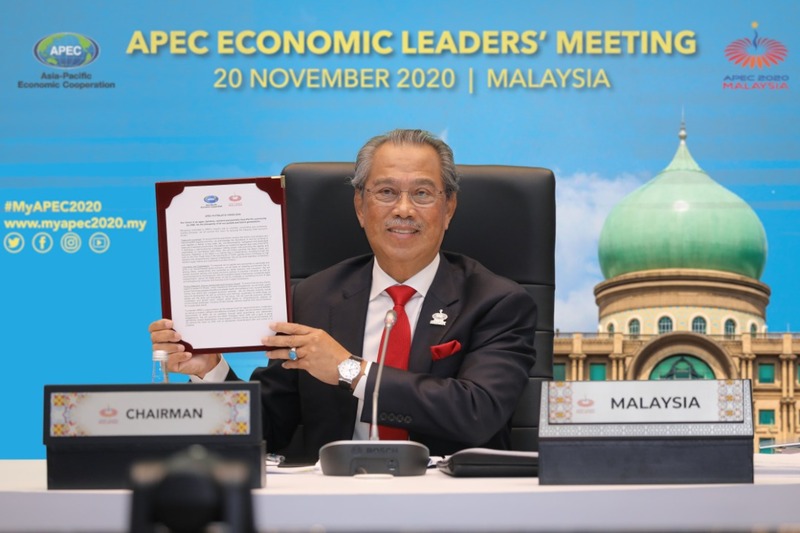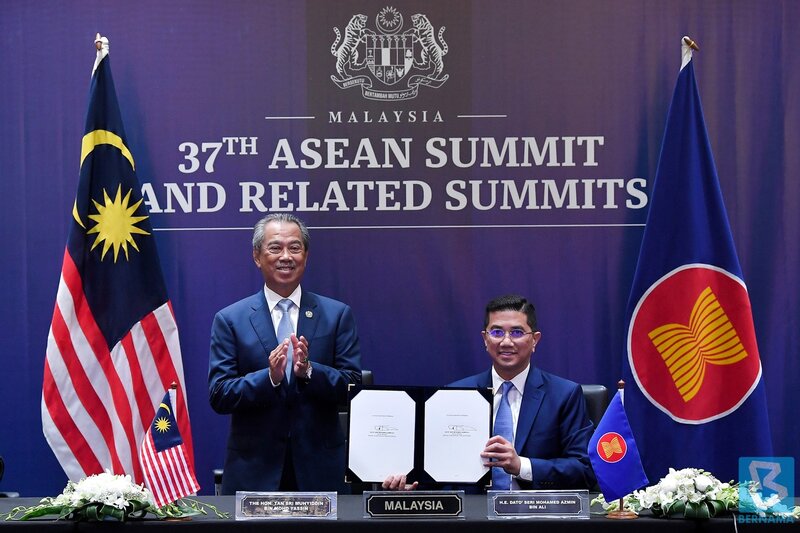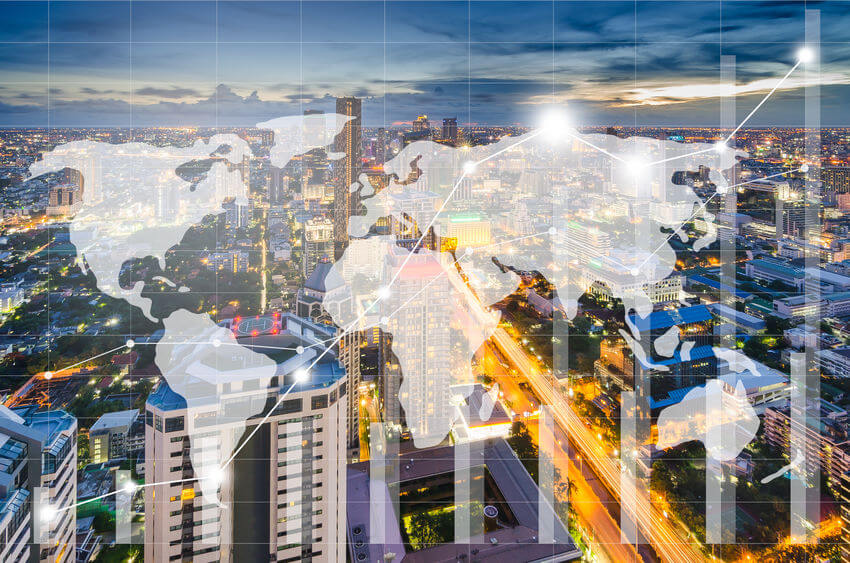- From the Tiny Acorn Grows a Mighty Oak
- Industry4WRD: National Policy on Industry 4.0
- Industry4WRD Best Practices
- Malaysia as Gateway to ASEAN Halal Market
- MITI’s Agility in Pivoting, Prioritising and Progressing APEC 2020
- Strengthening Ties in the New Normal
- Structural Reforms Catalyst for Business Recovery
- Signing of the Regional Comprehensive Economic Partnership (RCEP) Agreement
- Stronger Ties Through Joint Committee
- Record High Investments Provide Job Opportunities
- Malaysia Trade Performance











